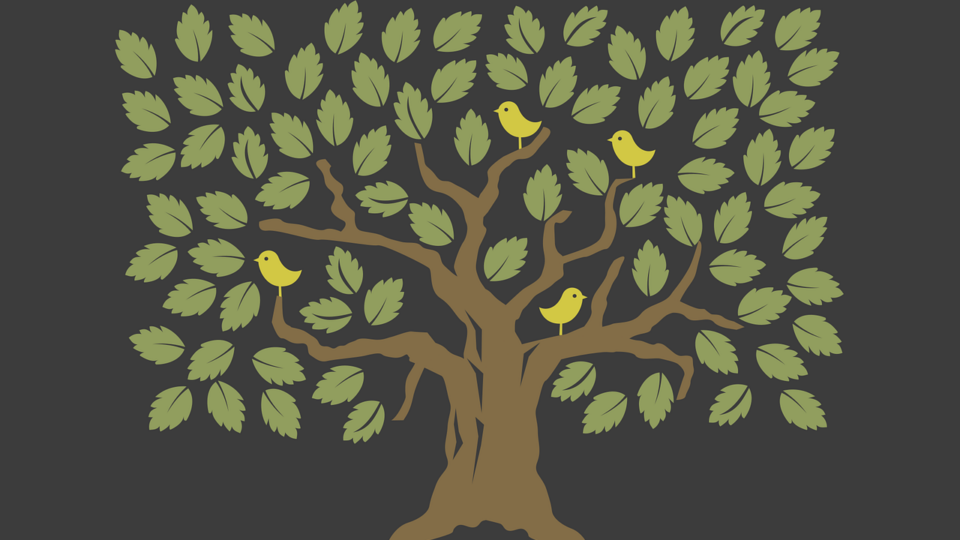In Tennessee, community mediation centers are quietly but effectively resolving disputes across the state. With hardworking staff and volunteers, they provide access to justice for unrepresented parties. These centers do significant work to promote excellence in mediation, provide public education about the benefits of mediation, and build peace in their communities. During the pandemic, CMCs were vital referral hubs for backlogged court cases, and since then they have all continued their work to make their services as accessible as possible to the people they serve. These centers can accept referrals at any point during a conflict and screen cases to ensure suitability for mediation. By doing so, they alleviate counties of substantial financial and administrative pressures. Their support is especially beneficial for individuals who are not well-versed in legal matters, as they promote respect, empowerment, and equip them with negotiation skills. The dedicated staff and volunteers of Tennessee’s CMCs manage a high volume of challenging cases, offering vital care and support to people facing financial hardship and legal representation gaps. CMCs generally use a joint-session mediation model (when appropriate), where parties engage in direct dialogue facilitated by mediators in the same room. Volunteer mediators foster effective communication and understanding, as well as honing their own toolbox of invaluable conflict resolution skills.
The scope of their impact is broad. Families benefit significantly from these centers, finding support in resolving co-parenting conflicts and crafting parenting plans prioritizing the well-being of children. Some centers actively engage in addressing the housing crisis, facilitating landlord-tenant mediation, and connecting individuals with rental assistance resources. Some centers mediate disputes about goods and services and other financial matters. Some provide elder mediation, facilitating conversations about elder care and decision-making in a respectful, inclusive way. Additionally, some centers facilitate restorative justice processes, enabling offenders to reconcile with their victims and take accountability for their actions. Some centers also extend their expertise through training and workshops, benefiting mediators beyond their immediate network.
Supporting these centers is crucial for all stakeholders in Tennessee’s legal landscape. Whether through donations, participation in fundraising events, serving on a board, and/or attending trainings and workshops, everyone can help make a difference. People who are willing to make a long-term volunteer commitment can even inquire at their nearest CMC about possibilities for becoming a volunteer mediator.
I’ve spent the past 19 years working at the Community Mediation Center in Knoxville. I’ve been fortunate to have been surrounded by mentors and people who inspire me. I’ve been able to do work that I believe in, and to know that we are making a difference for a lot of people. It is a beautiful community to be a part of. I have found kindred spirits among our volunteers as well as in the staff of other mediation centers across the state, and am forever grateful for these relationships that so enrich my life.
See https://www.tncourts.gov/programs/mediation/CMC for a list of Tennessee CMCs.

